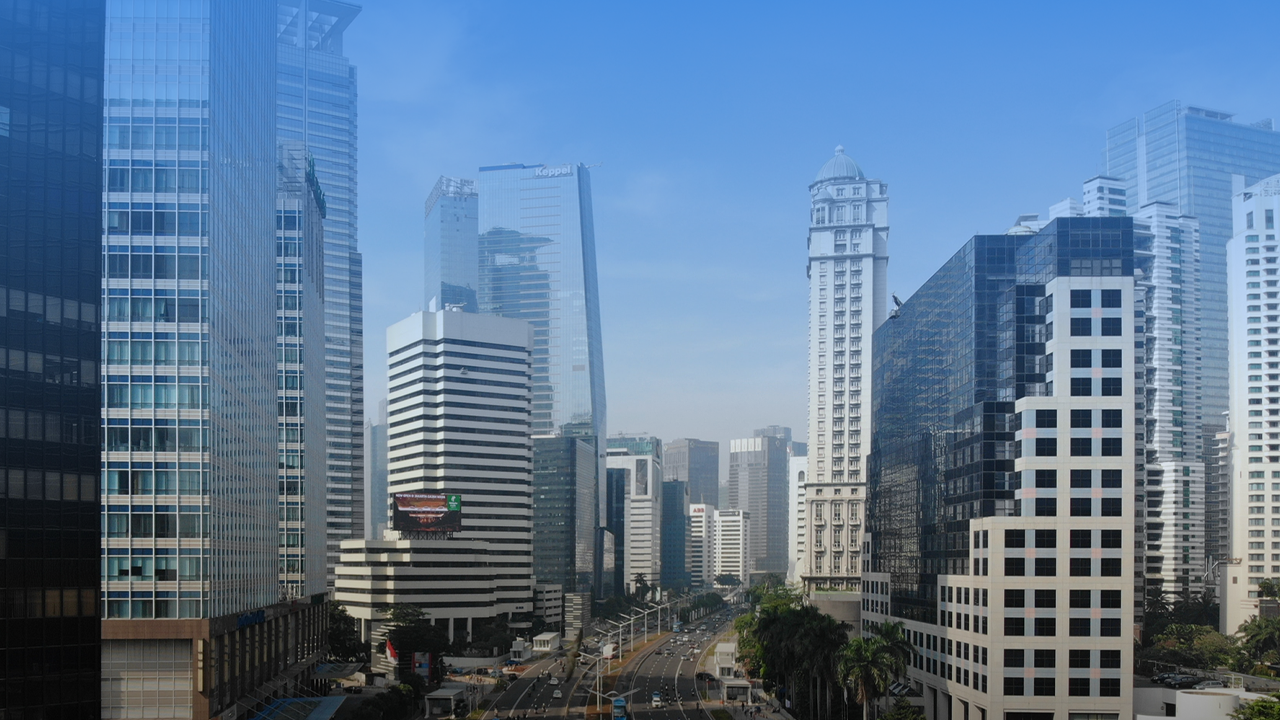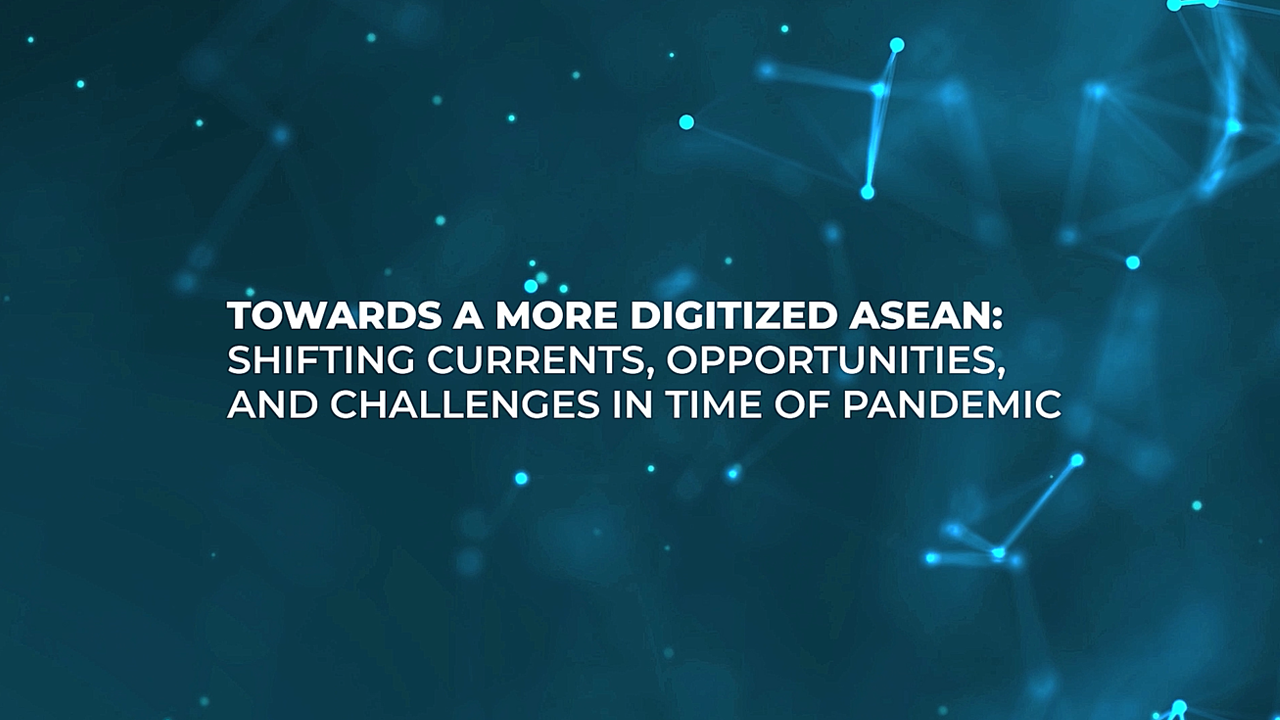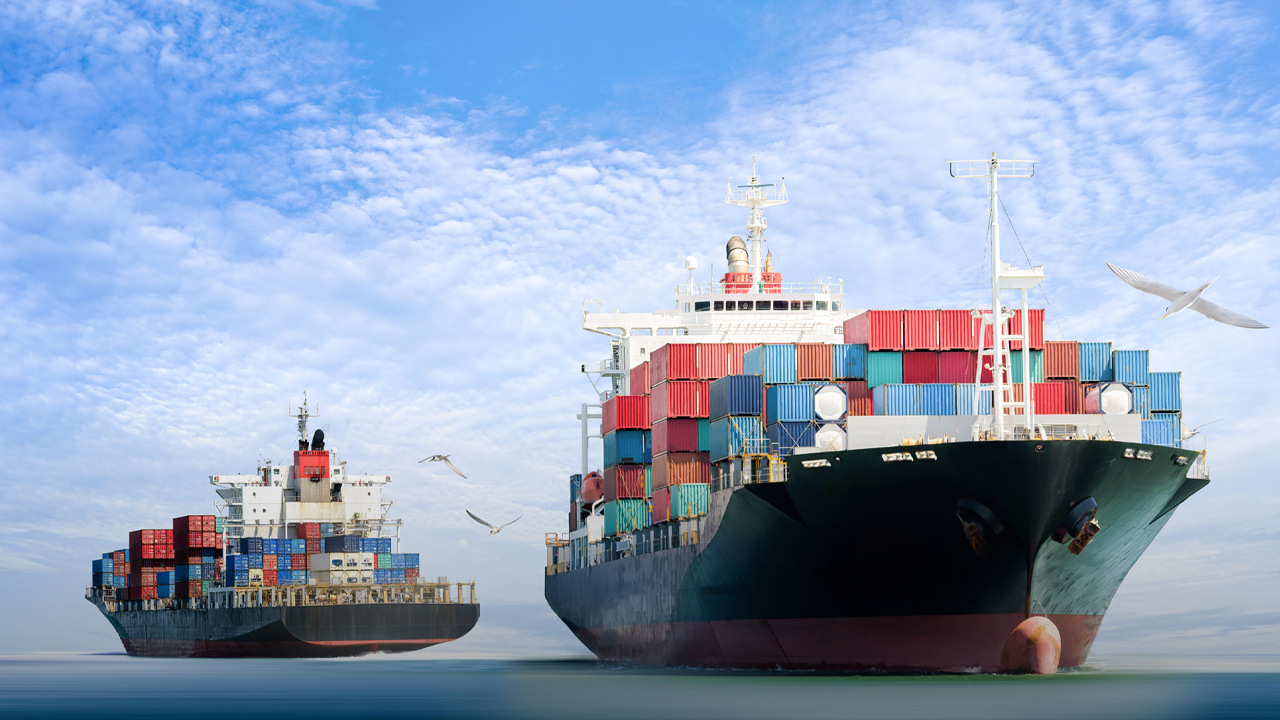The Foreign Policy Community of Indonesia, the largest foreign policy group in Indonesia with more than 100,000 people in its network, is pleased to welcome Professor dr. Tjandra Yoga Aditama, Yongky Susilo, and Jamil Maidan Flores as the organization’s Senior Associates.
Continue readingWelcoming 2021: Building Strategic Approach towards Achieving Inter-religious Peace
2020 might be one of the most challenging years in decades. As the world was not only struggling with the COVID-19 pandemic, but also the rising bigotry, hate speech, and extremism. From suicide bombing in Quetta, Pakistan, the burning of Qur’an by far-right activists in Sweden, the Islamist terrorist stabbings in Nice, France to the recent mass shooting in Vienna, Austria, and another mass killing in the village of Koshebe, Nigeria, we have not seen any progress in the fight against hate speech, bigotry, terrorism, and extremism. In spite of that, international collective efforts have also been conducted by various actors and institutions in hope for a better future of inter-religious harmony. This year, another chance at improving what we have left last year will proceed.
Continue readingIndonesia-Australia Campus-To-Campus Virtual Outreach: The Future of Diplomacy in the COVID-19 Era
It is not only students and the youth that are struggling to adjust to work-from-home or online classes and practically everything-virtual. World leaders, too, have to work remotely. Gone are the days of hand-shaking and shoulder pads, the COVID-19 pandemic has upended what are conventionally known practices of diplomacy: bilateral meetings, international summits, in-person negotiations — all of these things are now held online in accordance with public health safety guidelines.
Continue readingAmbassadorial Lecture – EU: COVID-19, Vaccines, Recovery, and International Cooperation with H.E. Vincent Piket
In collaboration with the Delegation of the European Union to Indonesia, Foreign Policy Community of Indonesia (FPCI) has the pleasure to once again conduct the #FPCIAmbassadorialLecture series with H.E. Vincent Piket throughout 2021. Ambassadorial Lecture Series aims to discuss various aspects of the bilateral relations between Indonesia and the European Union, especially during the unprecedented time of the COVID-19 pandemic.
Continue reading[INSIGHT] Germany-FPI incident: What happened to trust? – Opinion by Dr. Dino Patti Djalal
The recent controversy over the visit of a German Embassy staffer to the headquarters of the Islam Defenders Front (FPI) shows what happens when a diplomatic event has a brush with domestic politics. Here is what we know. On Dec. 17, 2020, an employee of the German Embassy visited the FPI headquarters in Petamburan, Central Jakarta. Her entry into the compound and the car she arrived in, which bore a diplomatic license plate, was photographed, most likely by an intelligence officer assigned to watch the goings-on at the compound. Two days later, FPI secretary-general Munarman confirmed her visit to the media and the incident went viral. Reports began to surface that the woman in question was a member of Germany’s Federal Intelligence Service (BND).
Continue readingFPCI Public Forum on Indonesia’s Economic and Political Outlook 2021
Following the contraction at -5.32% in the second and -3.49% in the third quarter of 2020, Indonesia’s economy has fallen into recession. Nevertheless, World Bank and IMF came with positive news as they predicted Indonesian economy to expand between 4.8% – 6.1% next year. The arrival of vaccine in Indonesia also increases public confidence that Indonesia’s economy will soon recover. However, economic rebound still depends on various factors, including politics. What would Indonesian economic and political landscape looks like next year? When will our economic activities return to normalcy? What kind of policy breakthroughs are needed to spur reforms and transformations for a resilient recovery?
Continue readingArah Investasi Berkelanjutan – Opini oleh Dr. Dino Patti Djalal
Pandemi Covid-19 telah mengubah perspektif pemerintah maupun pelaku industri dalam berbagai aspek, terutama dalam menjamin ketahanan kesehatan publik, pembangunan ekonomi, dan stabilitas politik. Di bidang ekonomi, setidaknya ada dua implikasi yang harus dicermati dalam mengantisipasi perubahan akibat dampak pandemi. Pertama, pandemi ini telah mendorong evaluasi terhadap global supply chain yang selama ini terpusat di beberapa negara tertentu.
Continue readingWhat the West Needs to Understand About the Cartoon Protests – Opinion by Dr. Dino Patti Djalal
As if COVID-19 and the economic recession were not enough, the world today has to bear with a wrangle between France and the Islamic world, sparked by controversy over President Emmanuel Macron’s recent statements about Islam. Macron made his comments after the gruesome beheading of French teacher Samuel Paty, who had shown a cartoon of Prophet Muhammad to his students as part of a class discussion.
Continue readingFPCI-Huawei Virtual Public Forum “Towards A More Digitized ASEAN: Shifting Currents, Opportunities, and Challenges in Time of Pandemic”
COVID-19 has reinforced the strategic role of Information and Communications Technology (ICT) in navigating regional resilience in a time of crisis. The pandemic demonstrated the use of technology in practice to keep business, governments, and societies running. However, every country has a different capacity in utilizing ICT to respond to COVID-19. How does ASEAN address this ‘digital gap’? How does the Master Plan of ASEAN Connectivity 2025 help in strengthening digital connectivity in the region? How has COVID-19 shifted the digital landscape in Southeast Asia thus far? What are the key challenges in transforming towards a more digitized community?
Continue readingRCEP: What’s Inside the Agreement and Will It Change the Region’s Economic Future?
After almost a decade in the making, the world’s largest free-trade bloc has finally been finalized in the direst of times. As the world faces an economic recession, RCEP delivers new hopes for its signatories to rebuild better, and most importantly, bounce back stronger in overcoming the threats posed by the pandemic. Bringing together major players of Southeast Asia, Asia Pacific, and Oceania, the signing of this historic pact indicates that countries are searching for hope in surviving the pandemic through multilateralism.
Continue reading









